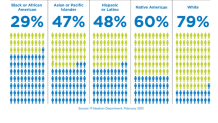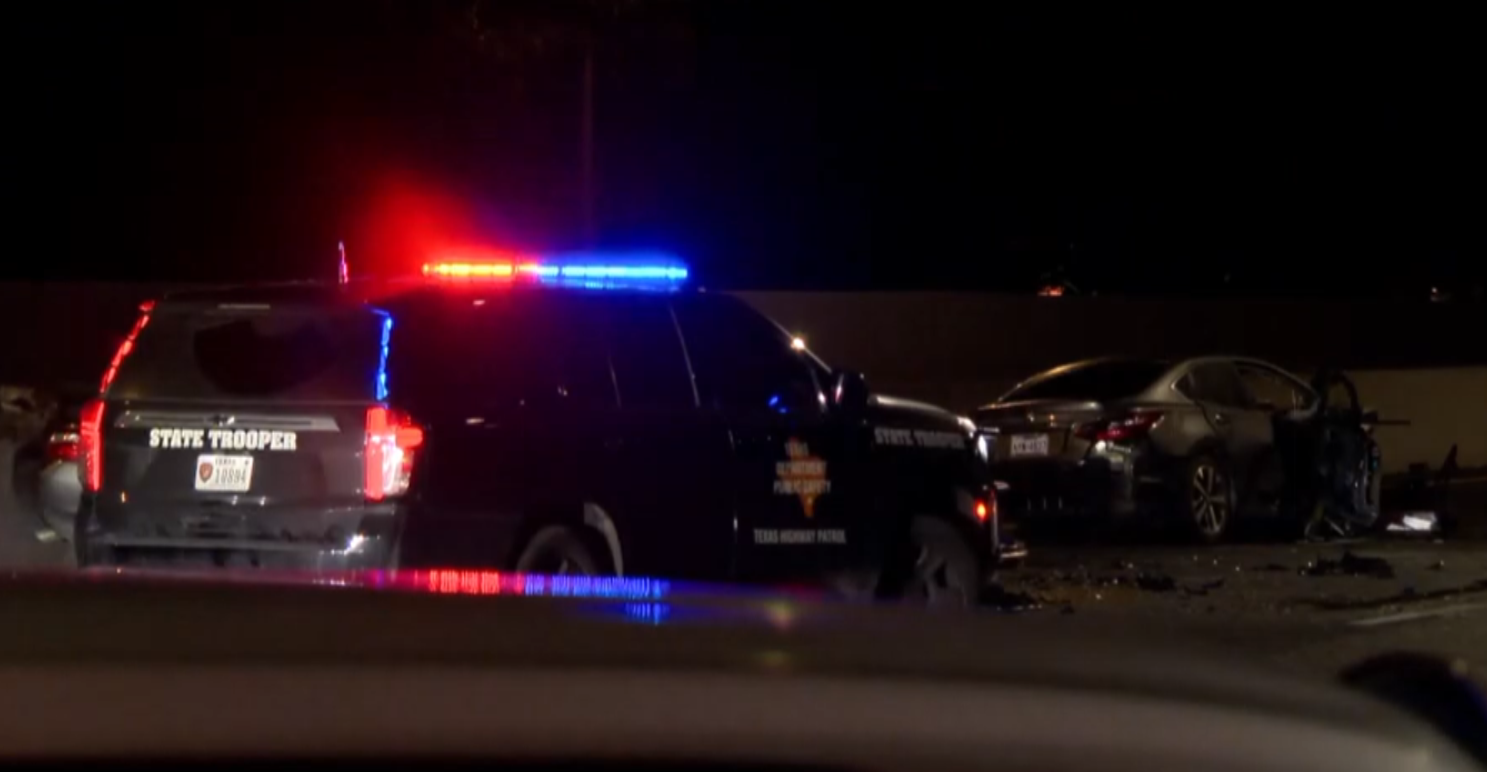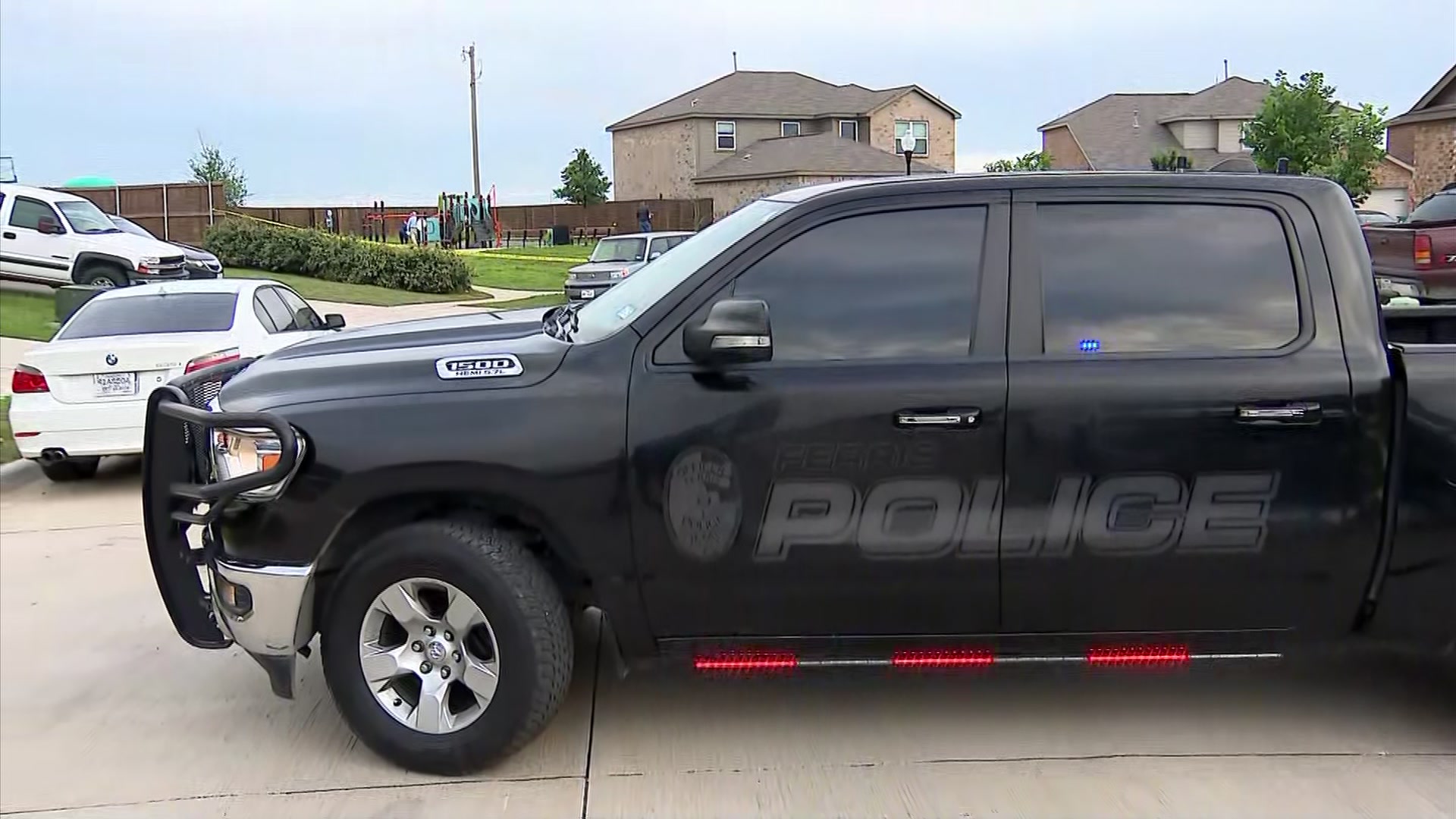Valentine’s Day is National Donor Day. Isabella Efe-Martins hopes to find a bone marrow match so her daughter can overcome her sickle cell disease.
Valentine's Day is also National Donor Day, which raises awareness to the act of love in organ, eye and tissue donation.
One Dallas mom is searching the entire world to find the perfect bone marrow match for her daughter.
Watch NBC 5 free wherever you are
Ten-year old Sarah Efe-Martins is battling sickle cell disease, a blood disorder that causes red blood cells to die off quickly, leading to blood loss. A bone marrow donor can help ease the severe complications that Sarah is experiencing from the disease.
But despite her condition, Isabella said her daughter is full of life and so much energy.
Get top local stories delivered to you every morning with NBC DFW's News Headlines newsletter.
“She's fun. She's silly. She's special. She's hyper, especially for age with such a condition. She's a strong girl. She's hyperactive. I have to slow her down every minute,” said her mom, Isabella.
Her mom brought the family from their native Nigeria to Texas in recent years to find better treatment after searching for a bone marrow donor across Africa and parts of Europe.
Before her disease progressed, Sarah loved to play basketball, play with her toys and meet new friends.
Local
The latest news from around North Texas.
But in June 2022, Sarah's condition worsened. She began to experience pain and discomfort in her left hip and was diagnosed with avascular necrosis (AVN), a frequent and severe complication of her sickle cell disease that causes death of bone tissue due to a lack of blood supply. Isabella said Sarah’s pain was almost too much.
"I really need this girl to have a better life because I'm tired. I’m drained. I see my daughter crying and screaming. I can't take that pain from her. Sometimes I ask God to put the pain on me, levy the pain for her,” she said.
Sarah began intensive physical therapy for three months to prevent further deterioration of her joints. A few days after she was discharged from therapy, Sarah had a stroke due to the lack of oxygen reaching her brain.
“I couldn't wake my daughter up. I just couldn't wake up. I was so scared. I lost her,” said Isabella.
To reduce the damage to her brain, Sarah underwent three months of blood transfusions at Children’s Health. She also started rehabilitation therapy at Scottish Rite for Children, also in Dallas, to help her walk again.
Sarah’s doctors and parents made the decision to put her on the Be The Match transplant list, as bone marrow transplant is the only way to cure sickle cell disease. Isabella said a match was found but for personal reasons, that person did not want to go through with the procedure.
There is currently no one on the registry that is a perfect match for Sarah. At least, not yet. Isabella is far from giving up.
“I'm reaching out to people all over. Please, this girl needs a match. I need this girl well. I need this girl home. I need this girl strong the way she used to be,” she said. "There is no harm in trying. It is not just for Sarah, there are other kids out there on that list, waiting for a match -- a 100% match for that child to have a perfect life. This go hard try, you might beat that batch is just a swab. That's all."
BE THE MATCH
Every three minutes, someone is diagnosed with a blood cancer like leukemia or lymphoma. For many of these patients, finding a marrow donor who is a match is their chance for a cure. But less than 3 percent of the Texas population is registered to donate. The same lack in registered donors is seen nationally.
There are also huge disparities in communities of color, with the odds for Black or African American patients to find a match nearly 50 percent less than white patients. Those numbers are actually an improvement from years past.

But the chances are there. It’s all about finding that match.
“They educated me, it's a long process. But I'm really ready to go with her, to go through that long process with her because I don’t know if at the tail end, she's going to have a regular life and a normal life. To go play basketball again. She can play the snow, she can make a snowman,” said Isabella.
Anyone between the age 18 and 35 can join the bone marrow registry at no cost and will remain on the registry until the age of 61 years old.
You can register to become a bone marrow donor through Be The Match online or at a community event. You will need to take a small sample of cells from the inside of your cheek using a swab to be put into the registry. Click here for details.
Only about one in 220 people in the donor registry ever match with a patient. You may never match with someone who needs a bone marrow donation – or you may be the only match a child needs for a healthy life.
Click here to learn more about becoming an overall organ donor.



